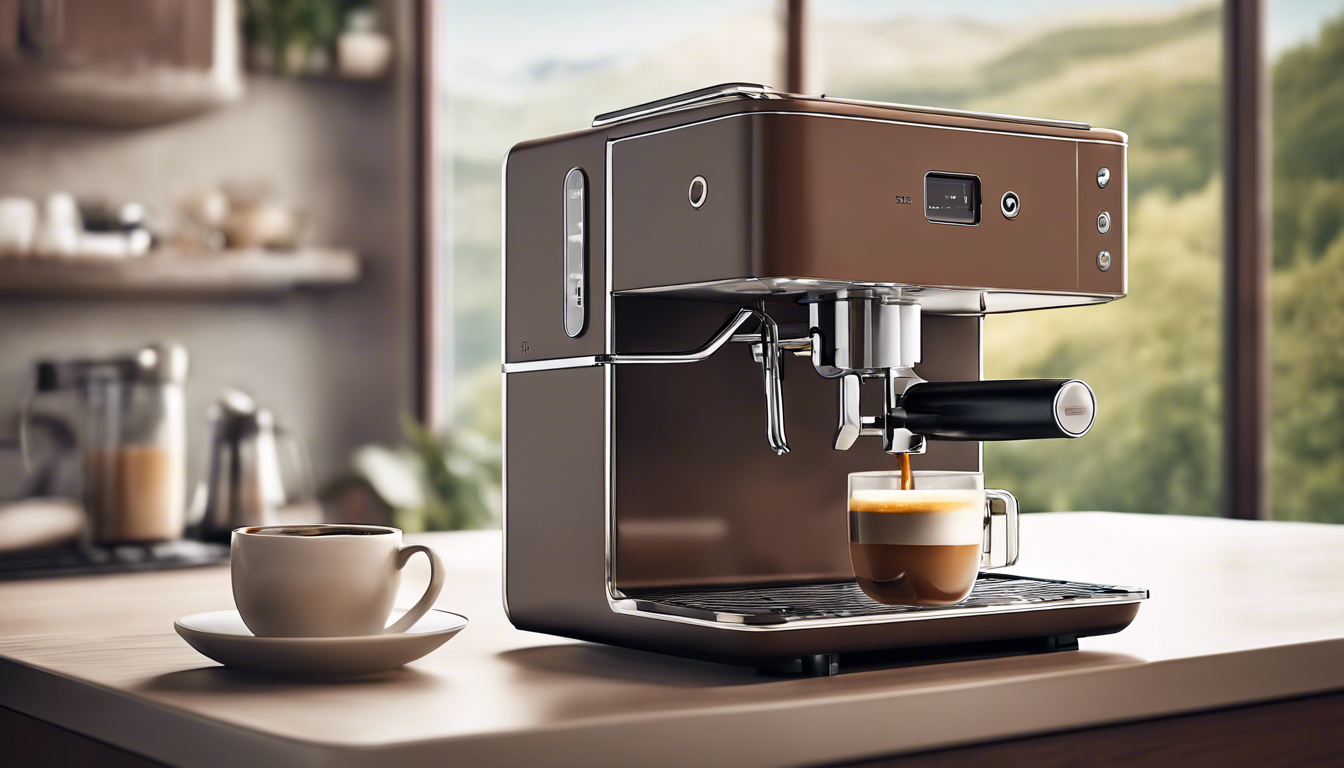Mastering the Art of Espresso Foam: Tips and Techniques

Welcome to the World of Espresso Foam
If you've ever walked into a café and marveled at the frothy beauty atop a perfectly brewed cup of espresso, you're not alone. The mystical layer of espresso foam not only enhances the visual appeal of your coffee but also enriches its flavor and texture. Mastering espresso foam is a skill that every coffee enthusiast should aspire to achieve.
Understanding Espresso Foam
Espresso foam is created when air is introduced into the milk, forming a microfoam that is both silky and shiny. This delightful, cloud-like topping is essential for crafting beverages such as lattes, cappuccinos, and macchiatos. But before you grab your steam wand and dive into foaming, it's crucial to understand the components that create this marvelous element.
The Role of Milk in Espresso Foam
Milk is the unsung hero in creating the best espresso foam. The type of milk you use can significantly impact the texture and taste of the foam. While whole milk is often preferred due to its creaminess and richness, other options such as 2%, skim, and even plant-based milks like almond or oat can be used effectively—though they each behave differently when frothed.
Tips for Perfect Espresso Foam
Creating flawless espresso foam can be a piece of cake with these expert-backed tips.
- Start with cold milk: Using cold milk gives you more time to incorporate air before it heats to the point of scalding. This results in a smoother texture.
- Positioning is key: Immerse the steam wand just below the milk's surface and position it slightly off-center. This helps create a whirlpool effect that incorporates air evenly.
- Listen for the right sound: A gentle hissing sound indicates that you are introducing air at the right rate. If you hear screeches, adjust the angle or depth of the wand.
Advanced Techniques for Espresso Foam
Once you've mastered the basics, trying out more advanced techniques can elevate your espresso foam skills.
Creating Latte Art
Perhaps the most artistic application of foamed milk, latte art requires not just skill but creativity. Use the silky microfoam for intricate designs and patterns atop your espresso. Start with simple shapes like hearts or rosettas before advancing to more complex imagery.
Experiment with Milk Types
Different types of milk will create different levels of richness and foam stability. Experiment with oat, almond, or soy milk to add unique flavors and textures to your foamed espresso creations. Each type has a particular nuance that can flavorfully complement your coffee.
Common Mistakes and How to Fix Them
Encountering issues with your espresso foam? Fear not, here are some common mistakes and their solutions.
- Large bubbles: If your foam has large, uneven bubbles, you may need to refine your technique. Practice introducing air more gradually and use a tapping motion to eliminate bubbles before pouring.
- Flat milk: Milk that doesn't froth well may be because it has overheated. Ensure your milk temperatures do not exceed 160°F to maintain the proteins necessary for frothing.
Conclusion
Mastering the art of espresso foam is a delectable journey that enriches both the flavor and aesthetics of your favorite espresso beverages. By understanding the nuances of milk, honing your steaming techniques, and creating stunning latte art, you’ll be on your way to crafting café-quality drinks right at home. So grab your apron, don your best barista skills, and let’s froth up some magic!
Ready to take your coffee experience to the next level? Don’t settle for anything less than perfect espresso, no matter where you are. Click here to grab your portable espresso machine today and enjoy barista-quality coffee on the go!



